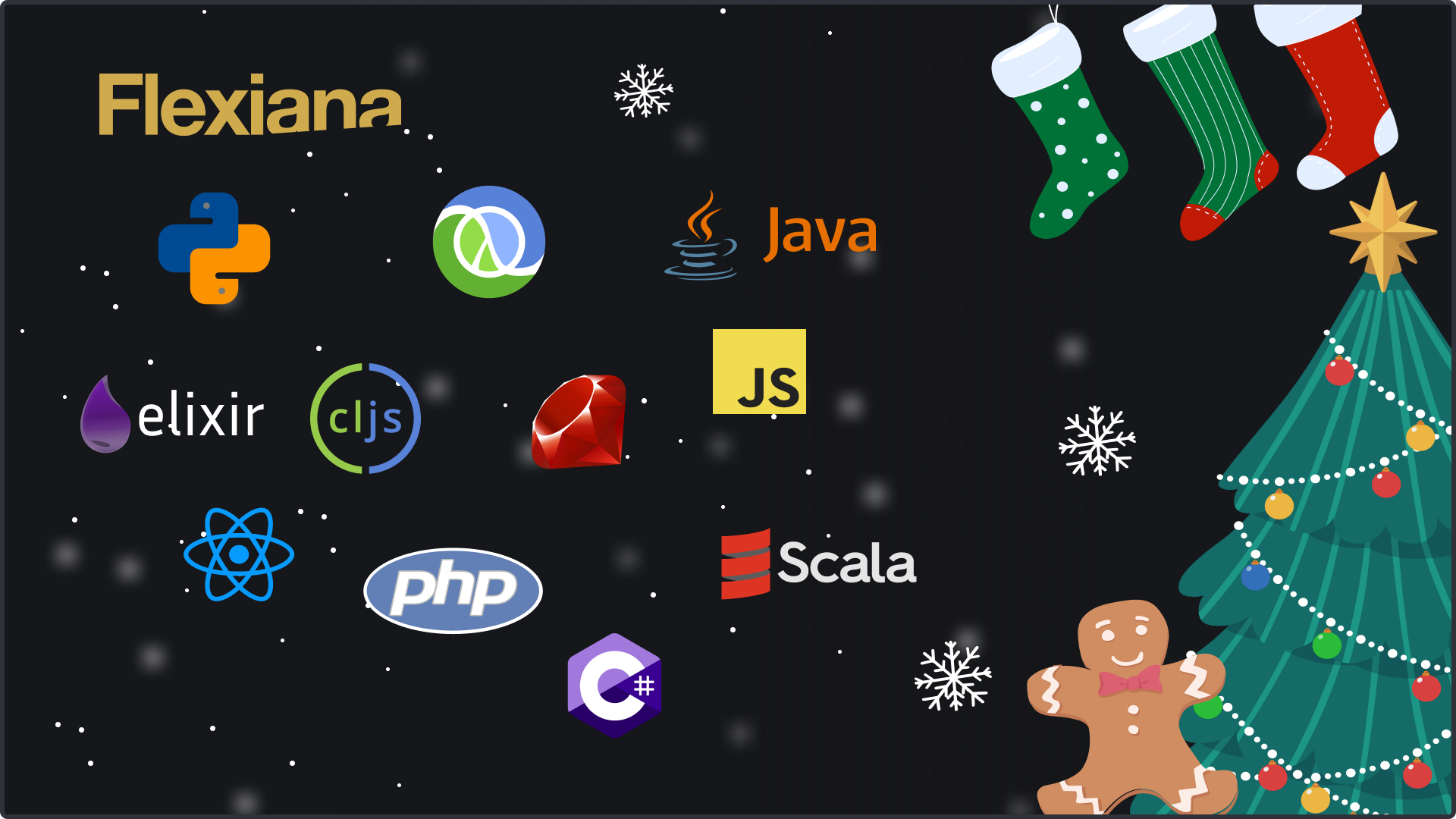In the world of startups and software development, the term “Minimum Viable Product” or MVP is often talked about. But what does it really mean, and why should your business care about it? Let’s dive into the concept of MVP and explore its importance in simple, clear terms.
What is an MVP?
An MVP is the most basic version of a product that still delivers core value to users. It’s a way to test your product idea with the least amount of effort and resources. Think of it as the simplest version of your product that can still solve a problem or fulfill a need for your target customers.
Consider you’re building a car. An MVP approach wouldn’t start with a full-fledged car but rather with a skateboard. The skateboard is functional and provides value by allowing someone to move from point A to point B. As you gather feedback and learn from users, you can gradually improve the skateboard into a scooter, then a bike, and eventually a car. Each step provides value and informs the next stage of development.
Why is an MVP Important?
1. Reduces Risk
Launching a new product is risky. By starting with an MVP, you minimize the risk of investing heavily in a product that may not succeed. You can test your assumptions and gather valuable feedback early on, allowing you to make informed decisions about further development.
2. Saves Time and Money
Developing a full-featured product can be time-consuming and expensive. An MVP allows you to get your product to market quickly and with fewer resources. This approach helps you conserve time and money, which is especially important for startups and small businesses.
3. Gathers User Feedback Early
One of the biggest advantages of an MVP is the ability to gather real user feedback early in the development process. This feedback is invaluable for understanding what your customers truly need and want. It helps you prioritize features and make improvements based on actual user experiences.
4. Facilitates Faster Learning
An MVP allows you to test your product idea, learn from the market, and iterate quickly.. This continuous learning process helps you stay agile and responsive to changing market demands.
Developing an MVP is a smart strategy for launching new products. It lowers risk, saves time and money, gathers early user feedback, and helps you learn faster. Flexiana can assist you in the MVP development process and bring your product idea to success.
Reach out to Flexiana to learn how they can assist you in creating an MVP that delivers real value and sets the stage for future success.









